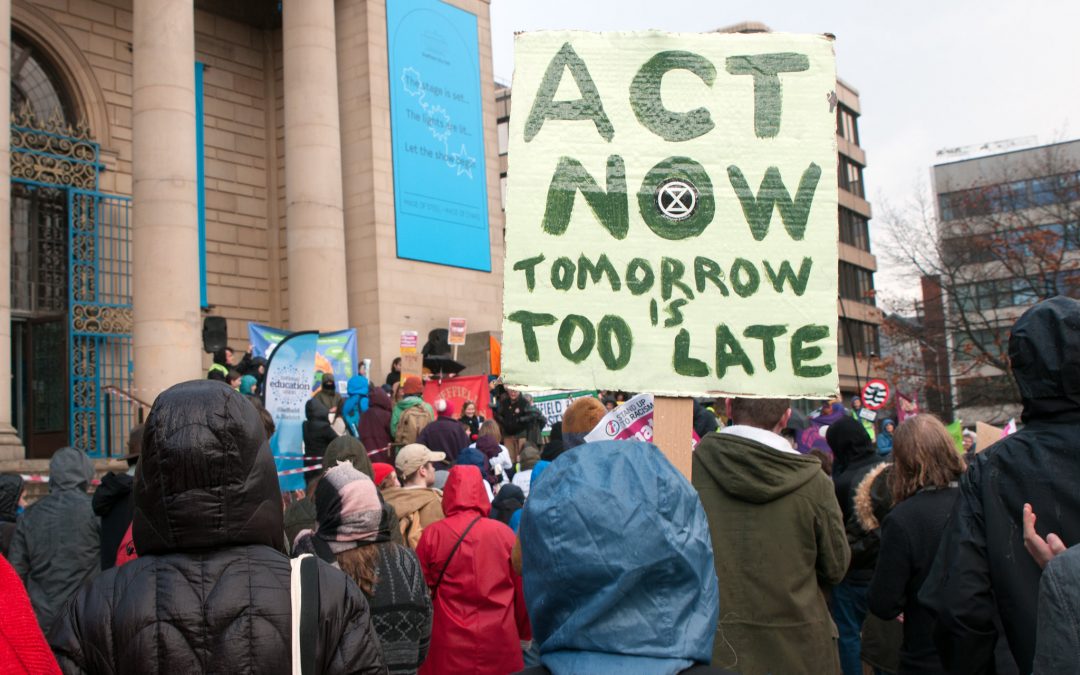Reality of Aid Network statement on the 26th Conference of Parties of the UNFCCC
The UN Climate Change Conference (COP26) in Glasgow came at a critical point, where the multi-faceted impacts of the climate emergency pose even greater challenges for the international aid system. Amid already stretched Official Development Assistance (ODA) levels, the growing gap betweenwhat available climate financing there is, and escalating needs for Covid response and recovery threaten prospects to fulfill climate finance commitments. But despite the stakes at the climate negotiations this year, inadequate ambitions and false solutions to the climate crisis yet again took centerstage.
Much of the focus in Glasgow was on the net zero initiative, a key component of which is to end fossil fuel financing and reduce greenhouse gas (GHG) emissions through unproven technologies in hopes of limiting global warming to pre-industrial levels. The net zero initiative relies on dangerous assumptions that carbon off-setting, tree plantations, bioenergy, carbon capture, and storage technology can reduce emissions after polluters have left their damage.[1]
Further, the Glasgow Financial Alliance for Net Zero (GFANZ), “a global coalition of leading financial institutions committed to accelerating the decarbonisation of the economy,” has beencriticised by civil society and communities from the global South.These same circles have funded supposedly “green” energy projects such as hydroelectrical dams that have destroyed forest biodiversity and displaced indigenous communities.[2]
On nearly all counts, these net zero commitments amount to mere platitudes and offset-based carbon accounting tricks. Such claims mask climate inaction and provide further cover for business-as-usual fossil fuel production, bringing us closer to exceeding the 1.5 degrees Celsius climate target. As net zero targets shift the focus from much-needed climate adaptation and mitigation funds, they obscure the historical responsibility of rich industrialised countries to finance real climate solutions especially in the global South. The USD 100 billion climate finance goal remains unfulfilled as richer nations have yet again put off the target until 2023.[3] And even then, USD 100 billion is miniscule compared to what is actually needed on the ground on top of concerns over the nature of climate financing which is largely in the form of loans. Based on a report of the UN Environment Programme, climate adaptation and mitigation initiatives to address damages could cost developing countries between USD 140 billion and USD 300 billion a year.[4]
But these figures pale in comparison to the cost of every single year of inaction at the COP climate negotiations. Hunger, droughts, typhoons and hurricanesthat disrupt and claim lives and livelihoods across the global South expose this reality. According to a recent report from the World Meteorological Organization (WMO), climate change and increasingly extreme weather events have led to a five-fold increase in natural disasters over the past five decades. and the least responsible for the climate emergency as well as those who at the frontlines of defending the environment such as farmers and indigenous peoples are often among the hardest hit.[5]
The Reality of Aid Network joins civil society groups and frontline communities’ continuing calls beyond Glasgow and urgeCOP member states to fulfil their climate finance commitments. We demand for urgent climate action now and call on donor states to:
Fulfill their Intended Nationally-Determined Contributions (INDCs) in accordance with their fair share commitments including domestic emissions reductions. In addition, countries with greater responsibility and capacities should commit to increased finance, technology, and capacity building support especially for countries in highly vulnerable, fragile, and conflict-affected settings.
End fossil fuel subsidies at all levels, especially in their own countries. Instead, support a transformational economic model that genuinely addresses the climate emergency.
Deliver substantial public finance for climate adaptation and mitigation efforts and to address losses and damages from climate change.
Heed the call of developing countries for greater climate financing to mitigate and adapt to the effects of climate change. The promise of USD 100 billion ever year has indubitably failed despite vastly inflated figures that mask existing projects as ‘climate-relevant’ even when these projects don’t exclusively target climate action.[6]
Reject false, market-based solutions such as the net zero initiative that rely on unproven technologies and ambiguous formulations that enable the continued financing of fossil fuel-intensive corporations and technologies.
The critical importance of these demands is pressing now more than ever if we are to ensure a future that protects and respects people’s right to development. Addressing the climate emergency must begin not by 2050, not by 2030, but today.
[2]https://realityofaid.org/wp-content/uploads/2021/05/Climate-change-and-development-cooperation-in-South-Asia.pdf
[4]https://www.unep.org/news-and-stories/press-release/step-climate-change-adaptation-efforts-or-face-huge-disruption-un

